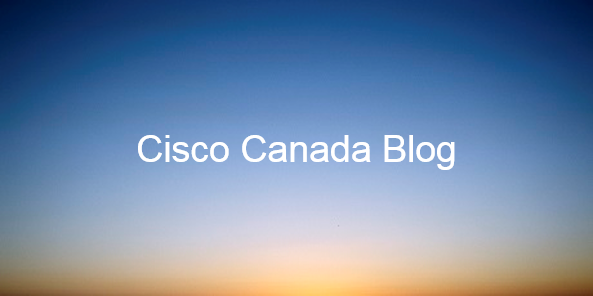
The Internet of Everything (IoE) can seem pretty nebulous at times (what are all those ‘smart bees’, ‘smart cows’ and ‘smart trees’ doing for us anyway?), but when you stop and consider a specific industry like healthcare and how the IoE can truly change your life (for the better), it is much easier to understand – and get really excited – about where the IoE will take us.
https://www.youtube.com/watch?v=HFjzmrLAve4
As we have seen Dr. Eric Topol (mHealth guru and champion) talk about smart pills (which can monitor various aspects of our physiology, and even remind us to take our medication), wearable devices that monitor our activity levels, sleep quality and exercise exertions and even how we will move towards ‘body area networks’, we know that connecting the unconnected has significant impacts for healthcare. And these impacts can start at the consumer, large-scale healthcare organization or government level; it will be interesting to see where these two directions meet.
But what could the Internet of Everything mean specifically for healthcare and how our clinicians care for us?
Let’s have a look at one example of how our current healthcare system creates information:
“Astonishingly, every year almost all of the 100 million physician exams, half a billion lab and radiology tests, and 382 million prescriptions are handwritten. This critical information – buried in the filing rooms of 40,000 doctor offices, test centres, hospitals and clinics – is often inaccessible in crisis situations, when it is needed most.”(Globe and Mail)
Now let’s attach a ‘real world’ scenario to this: Imagine I am traveling for work to Toronto, away from my Vancouver base, and I fall ill and am taken to hospital outside of my home area. What are the chances local doctors will know that I have a sensitivity to certain medications, a tendency to get hypoglycemic, that I have had a Casearian section in the past and that I might be pregnant right now? Unless my medical record is electronic and readily available – through the IoE – these important details about me might never come to light. Imagine if my conditions were worse and more time-sensitive?
In this day and age, there is no reason why our medical information should not be more accessible to enhance our care. When you think about what is available in our consumer lives – I wear a FitBit to track my activity and sleep – why is our medical information still under ‘lock and key’? What good is it to us if it is locked away and inaccessible when we really need it?
The Internet of Everything aims to connect the previously unconnected – and at this point that is over 99% of just ‘things’, not to mention the people, process and data measures that we also need to take into account.
Once we start breaking down the silos of healthcare information and make them more interoperable and accessible, I truly believe we will see a new era of healthcare delivery—where the continuum of care is a true continuum, where my healthcare information follows me wherever I go, where clinicians have the full picture of patients they are treating, regardless of whether they know them or not, and where citizens are better off for all these processes that technology can enable and can live healthier lives.
We are closer to this than we think.